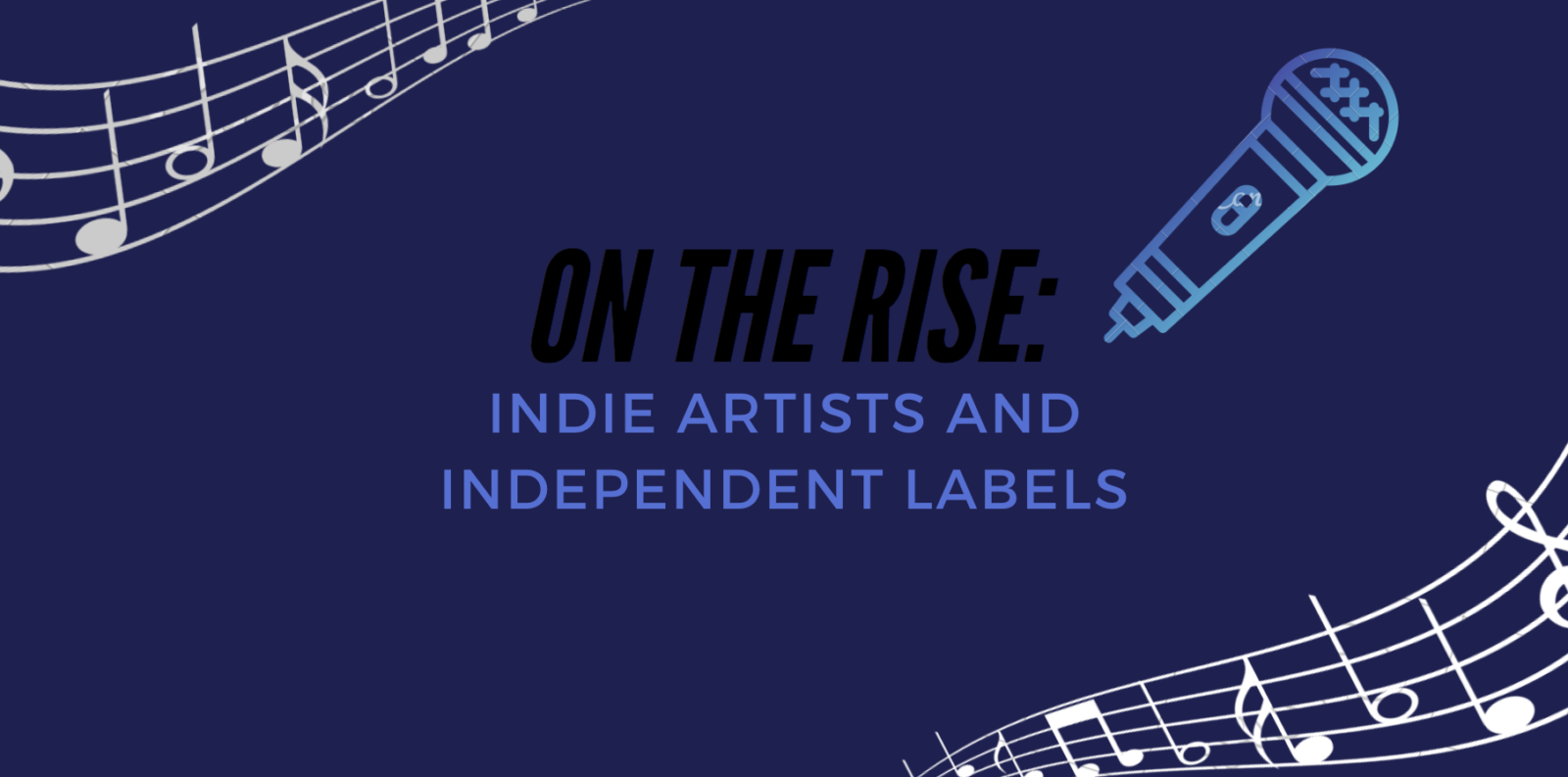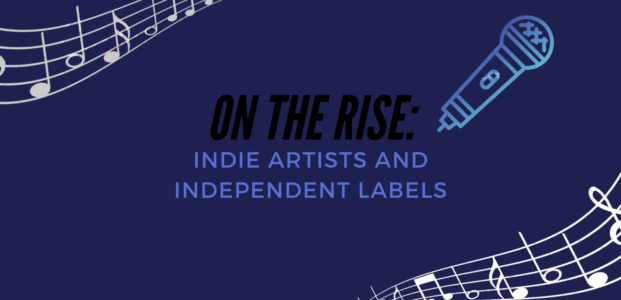The emergence of indie artists throughout the 2010s forecasts a new trajectory within the music industry. Their current influence is unprecedented and is surely expected to grow. Ailsa Chang, a host and journalist affiliated with National Public Radio, claims that independent artists make up nearly 40% of the global music industry – the highest share of the market since the early 1990s. Unsigned musicians account for almost half of today’s market and the reasoning behind this is artistic freedom.
For decades, corporations existed as the only means in which musicians could distribute their content. Ditto Music CEO, Lee Parsons, explains how executives managed to obtain clients initially. “‘In 2005, the only way I could get music out was signing a record deal with a label. We were so desperate to release something that we’d sign anything’”.
Record labels are known for using controversial methods to make their clients successful and lucrative. These tactics can range from forcing the artist to perform, dress, and act in certain ways to attract media attention. Singer-songwriter Lou explained her decision to remain unsigned, explaining that she didn’t want to be told what she is supposed to look like. Unfortunately, performers are coerced into contracts in which labels, essentially, purchase them and their catalogues. In many instances, musicians are forced to compromise their artistic integrity. Executives reap much of their artists’ revenue, leaving the entertainers with relatively small profits. This extremely rigid system has made becoming independent extremely appealing to musicians.
Established musicians are exploring ventures with limited label involvement. “Rock act Radiohead let fans download its new release directly from the band’s website …. in the first month, 1.2 million people downloaded the album. About 40% paid for it, at an average of about $6 each—well above the usual cut an artist would get in royalties”. The existence of successful indie artists is becoming threatful to large companies who see their profits waning. With unsigned musicians’ impact continuing to grow and signed artists realizing the flaws within their contracts, a shift in the industry appears imminent.
Since indie artist Chance the Rapper’s unprecedented Grammy wins, up and coming entertainers have been noticing labels’ complete lack of legitimate influence. If a musician who acts as their own sole distributor, without any label support, and zero album sales can win three Grammys and have a net worth of $25 million, what is the point of a record company?
Unfortunately for today’s largest labels, they can no longer monopolize all the power, as they once did. “In the wake of such a high-profile, seemingly DIY success, more new artists these days are considering going the indie route”. New entertainers are emerging constantly, garnering profits, none of which is going into a company’s revenue, and recognition. For the longest time, awards were where independent musicians were genuinely lacking in success, compared to their label owned counterparts. However, Chance’s achievement demonstrates how independent artists are finally being praised within the wider music community.
Written By: Michelle
Edited By: Arianna Juliano (@ariannajuliano)

